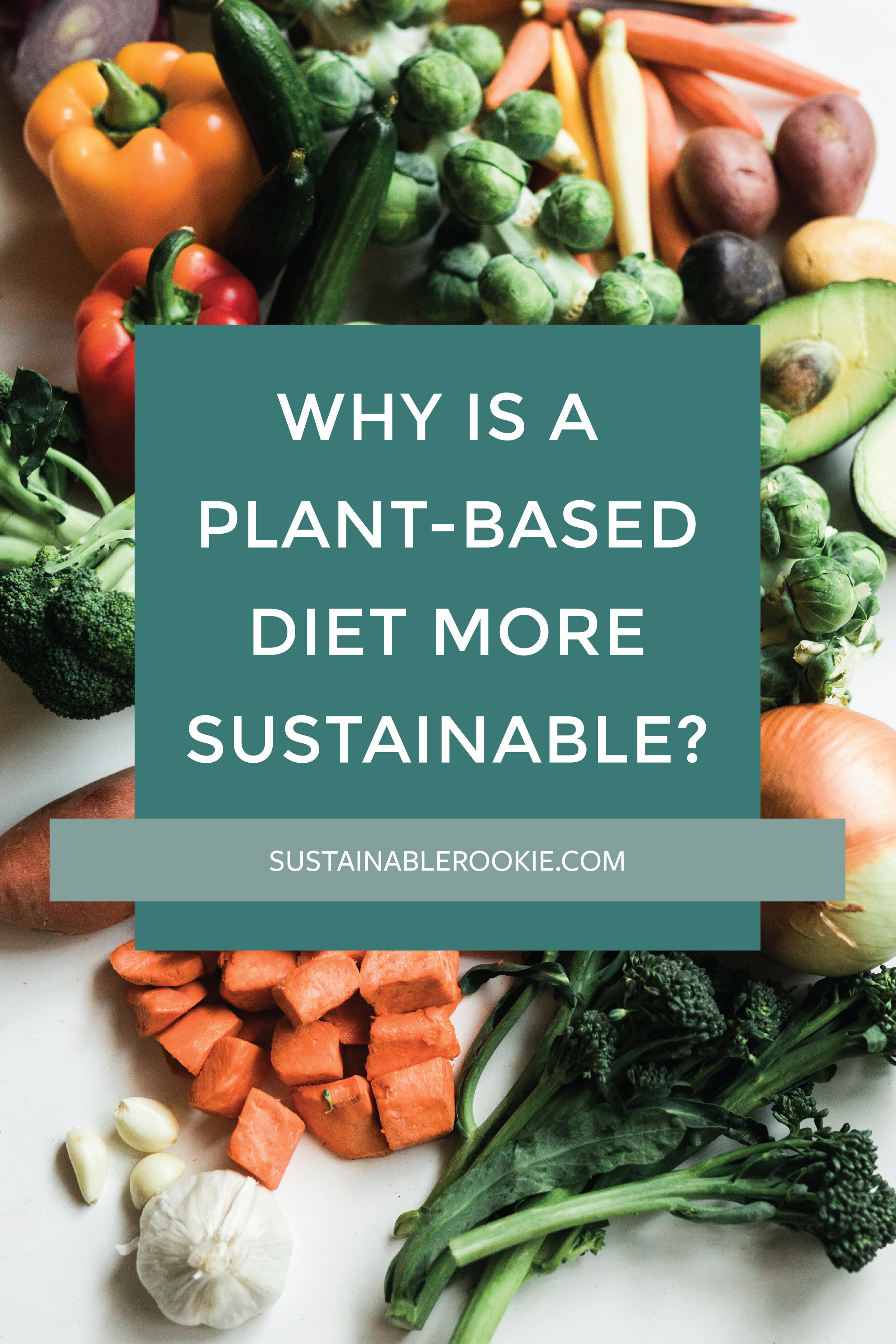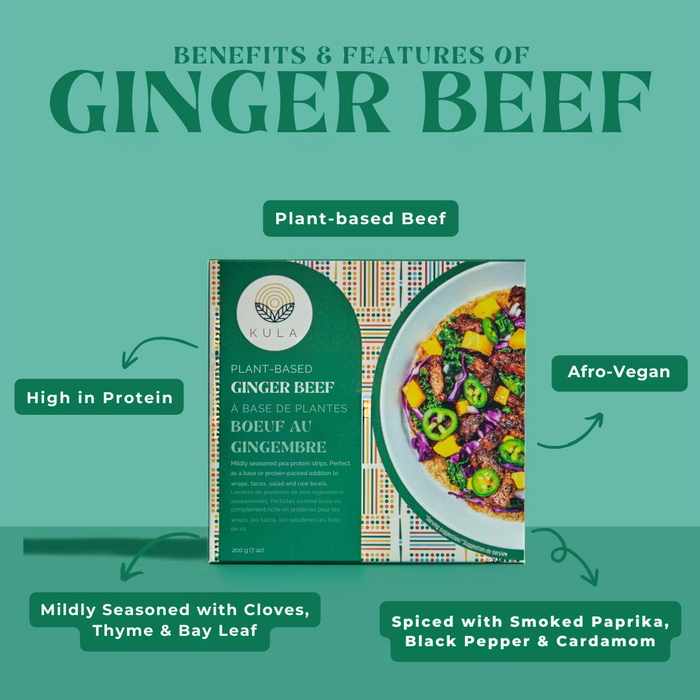Are These BBQ Sauces Really Plant-Based? We Investigated
Are These BBQ Sauces Really Plant-Based? We Investigated
Blog Article
Everything About Healthy Food: Benefits of Checking Out Plant Based Alternatives
The conversation bordering plant-based diet plans has gotten considerable interest recently. Many people are discovering the prospective health and wellness benefits, dietary benefits, and environmental impacts related to these nutritional options. As people come to be a lot more knowledgeable about their food's influence on health and sustainability, concerns occur concerning the usefulness of embracing such a lifestyle. What details modifications can one expect, and just how might these options reshape not just personal wellness however also the world's future?
Understanding Plant-Based Diet Regimens
Many individuals associate plant-based diet plans mainly with vegetarianism or veganism, these diet plans can include a wide array of consuming patterns that prioritize entire, minimally processed plant foods. Such diet regimens commonly consist of fruits, vegetables, entire grains, seeds, beans, and nuts, while restricting or removing pet products. This versatility permits people to tailor their nutritional options according to nutritional requirements and individual choices. Some may adopt a largely plant-based diet while still occasionally consuming meat or milk, frequently described as a flexitarian strategy. The focus stays on integrating even more plant foods, which can bring about a diverse range of dishes and tastes. Understanding these various interpretations of plant-based eating is crucial for appreciating its accessibility and charm in modern food society.
Wellness Conveniences of Plant-Based Foods
The wellness advantages of plant-based foods are significant, offering a nutrient density advantage that supports overall well-being. Research indicates that these foods can improve heart health and play an important function in efficient weight administration. By integrating much more plant-based choices, individuals may boost their dietary selections and advertise lasting wellness.
Nutrient Thickness Advantage
Nutrient density plays an important role in the health advantages of plant-based foods, making them an engaging option for those seeking a balanced diet regimen. Plant-based foods, such as fruits, veggies, vegetables, nuts, and whole grains, are typically rich in essential vitamins, minerals, and anti-oxidants while being reduced in calories. This high nutrient thickness permits people to eat fewer calories while still fulfilling their dietary demands. Additionally, these foods are packed with dietary fiber, advertising gastrointestinal health and wellness and helping in weight monitoring. By incorporating nutrient-dense plant-based alternatives, consumers can enhance their total health and wellness, support their immune systems, and lower the danger of chronic conditions. Inevitably, the nutrient thickness of plant-based foods underscores their relevance in a health-conscious lifestyle.
Heart Health Enhancement

Weight Monitoring Assistance
Along with advertising heart health and wellness, a plant-based diet can substantially help in weight monitoring. This dietary approach highlights entire foods such as fruits, vegetables, beans, nuts, and whole grains, which are usually lower in calories and greater in fiber contrasted to animal-based products. The high fiber material helps boost satiation, lowering overall calorie consumption. Additionally, plant-based diet regimens are commonly rich in crucial nutrients while low in harmful fats, making it easier to keep a healthy weight. Plant Based Beef. Research suggests that people that adopt a plant-based way of life often tend to have lower body mass indexes (BMIs) and experience even more effective weight-loss contrasted to those who eat meat-heavy diets. Subsequently, welcoming plant-based options is a tactical choice for effective weight management
Nutritional Value of Plant-Based Components
Plant-based ingredients are abundant in important nutrients, offering a varied variety of vitamins, minerals, and anti-oxidants that add to general health. A comparison of healthy protein sources reveals that while animal items are usually deemed superior, many plant-based options provide ample healthy protein and various other valuable substances. Comprehending the nutritional value of these ingredients can aid individuals make educated nutritional choices.
Important Nutrients in Plants
Nutrient-rich active ingredients discovered in plants use a diverse selection of crucial vitamins and minerals that add read what he said greatly to general health. why not try this out These ingredients are abundant in vitamins A, C, and K, which support immune feature, vision, and blood clotting, specifically. Additionally, plants supply crucial minerals such as calcium, magnesium, and potassium, vital for heart health, muscle feature, and bone stamina. The presence of fiber in plant-based foods help digestion and advertises a healthy gut microbiome. Anti-oxidants, found generously in vegetables and fruits, aid battle oxidative stress and minimize inflammation. Additionally, many plant foods are reduced in calories yet high in nutrients, making them an outstanding selection for those seeking to preserve a healthy and balanced weight while making sure perfect nutrient consumption.
Comparing Protein Sources
Healthy protein resources vary considerably in their dietary accounts, with plant-based components providing distinct benefits. Unlike pet proteins, which frequently contain hydrogenated fats and cholesterol, plant healthy proteins tend to be reduced in these harmful elements. Legumes, nuts, seeds, and whole grains are abundant in vital amino acids, fiber, vitamins, and minerals. Lentils give high healthy protein material along with considerable iron and folate, while quinoa is a complete healthy protein, providing all 9 vital amino acids. Additionally, plant-based healthy proteins are frequently come with by antioxidants and phytochemicals that sustain general wellness. The shift to plant-based protein resources not only boosts nutritional consumption but likewise aligns with lasting nutritional methods, lowering environmental effect and advertising long-term health and wellness advantages.
Ecological Influence of Plant-Based Eating
As awareness of climate adjustment grows, lots of people are checking out lasting nutritional choices that can considerably lessen their environmental impact. Plant-based consuming has become a substantial contributor to decreasing greenhouse gas exhausts, which are primarily connected with animals manufacturing. The farming of fruits, beans, grains, and veggies generally needs less sources, such as water and land, contrasted to pet farming. Furthermore, plant-based diet regimens can bring about decreased deforestation, as less land is needed for grazing livestock or expanding pet feed. By shifting in the direction of plant-based options, consumers can support biodiversity and advertise healthier environments. On the whole, embracing plant-based eating not only advantages personal health but additionally stands for an important step toward environmental sustainability and conservation initiatives.
Conquering Common Misconceptions
While several people identify the benefits of a plant-based diet, numerous misunderstandings usually discourage them from completely embracing this lifestyle. An usual idea is that plant-based diet regimens lack enough protein; nonetheless, countless plant resources, such as legumes, nuts, and tofu, give adequate healthy protein. Furthermore, some think that this diet is expensive, when in truth, staples like beans, rice, and seasonal vegetables can be quite budget friendly. One more false impression is that plant-based consuming is extremely restrictive, whereas it really uses a diverse variety of foods and tastes. Many worry that a plant-based diet plan may lead to shortages, yet with proper planning, people can obtain all required nutrients, consisting of vitamins and minerals, while appreciating a large selection of tasty meals. Broad Tips for Transitioning to a Plant-Based Way of living
Making the change to a plant-based way of life can be an improving experience, though it commonly requires some guidance to navigate the preliminary adjustments. People are encouraged to begin progressively, integrating more fruits, vegetables, legumes, and entire grains right into their dishes while lowering meat and dairy products intake. Meal planning is important; preparing a weekly food selection can aid ease the change and protect against final harmful choices. Exploring cooking techniques and new dishes can likewise preserve and improve the experience excitement about plant-based consuming. Additionally, joining assistance groups or neighborhoods can supply motivation and share beneficial ideas. Ultimately, staying educated concerning nutrition assurances well balanced meals, check this site out preventing deficiencies while cultivating a healthy, gratifying plant-based way of life.
Delicious Plant-Based Meal Concepts
Checking out delicious plant-based dish ideas can inspire individuals to embrace an extra nourishing diet regimen. One popular option is a hearty quinoa salad, including cherry tomatoes, cucumber, and a spicy lemon-tahini dressing. One more favorite is a tasty lentil stew, packed with carrots, celery, and fragrant herbs, excellent for a calming dinner. For morning meal, over night oats made with almond milk, chia seeds, and covered with fresh berries supply a healthy beginning to the day. In addition, a vivid veggie stir-fry with tofu and a selection of vibrant veggies can be a fast yet satisfying meal. Creamy avocado toast on whole-grain bread, sprayed with seasonings and seeds, uses a basic yet delicious treat. These dishes display the variety and richness of plant-based eating.

Often Asked Inquiries
Can a Plant-Based Diet Offer Enough Healthy Protein?
The question of whether a plant-based diet regimen can provide sufficient healthy protein prevails. Countless resources, including beans, nuts, seeds, and whole grains, can satisfy healthy protein needs properly, sustaining a well balanced and healthy diet plan for people.
Are Plant-Based Diet Plans Appropriate for Children?
The suitability of plant-based diets for children depends upon mindful preparation. Appropriate nutrients have to be ensured, including minerals, proteins, and vitamins. With correct guidance, such diet plans can support healthy development and advancement in youngsters.
How Do I Dine Out on a Plant-Based Diet?
Eating in restaurants on a plant-based diet entails seeking dining establishments with diverse food selections, asking for alterations, and discovering vegan-friendly options. Planning in advance and communicating nutritional choices can boost the dining experience while keeping dietary options.
What Prevail Allergens in Plant-Based Foods?
Common allergens in plant-based foods consist of soy, gluten, nuts, and seeds - Plant Based Beef. People adhering to a plant-based diet regimen must understand these allergens and check out labels very carefully to stay clear of negative reactions and ensure safe usage
Can Plant-Based Diets Assist With Weight-loss?
Research study suggests that taking on a plant-based diet may facilitate weight-loss as a result of its commonly lower calorie density and higher fiber material. This combination can improve satiation, helping people manage their caloric consumption effectively. Numerous individuals associate plant-based diet regimens primarily with vegetarianism or veganism, these diet plans can include a vast range of eating patterns that focus on whole, minimally processed plant foods. Nutrient density plays a crucial function in the health and wellness advantages of plant-based foods, making them an engaging choice for those seeking a balanced diet. Plant-based diets have actually been shown to markedly improve heart health, as they typically contain aspects that support cardio function. In addition to advertising heart health, a plant-based diet plan can substantially help in weight administration. A common belief is that plant-based diet plans do not have adequate healthy protein; however, numerous plant resources, such as vegetables, nuts, and tofu, provide adequate healthy protein.
Report this page